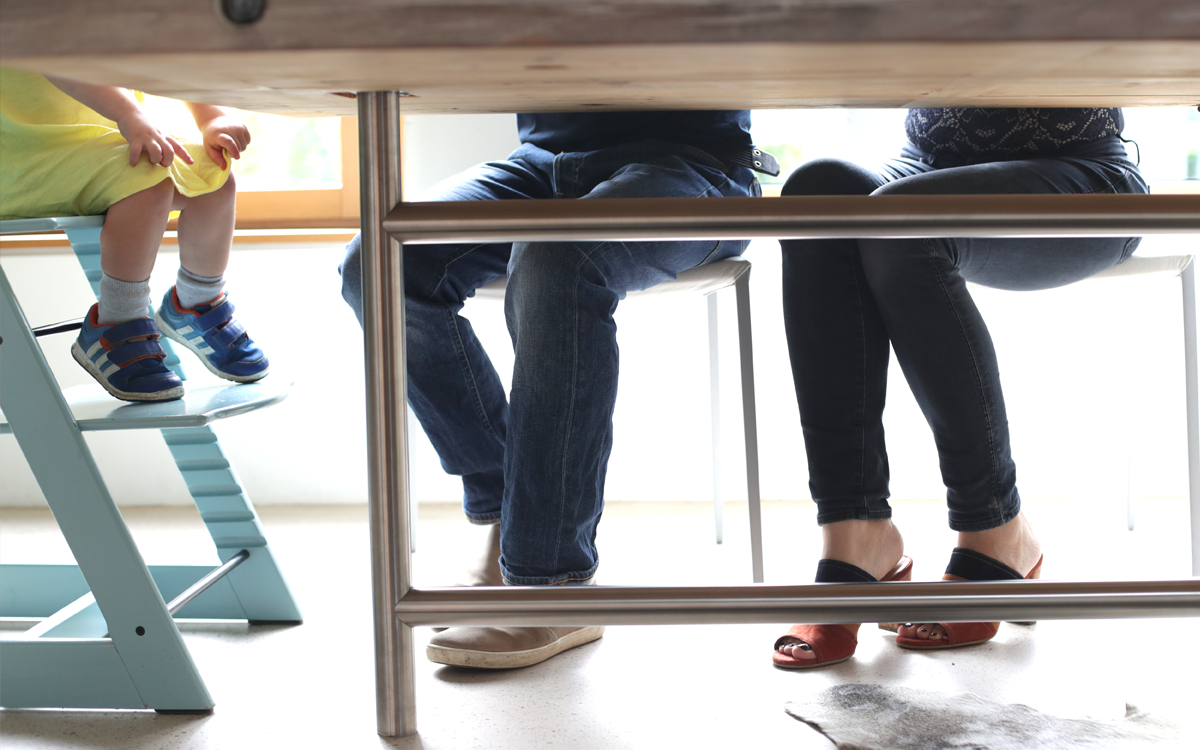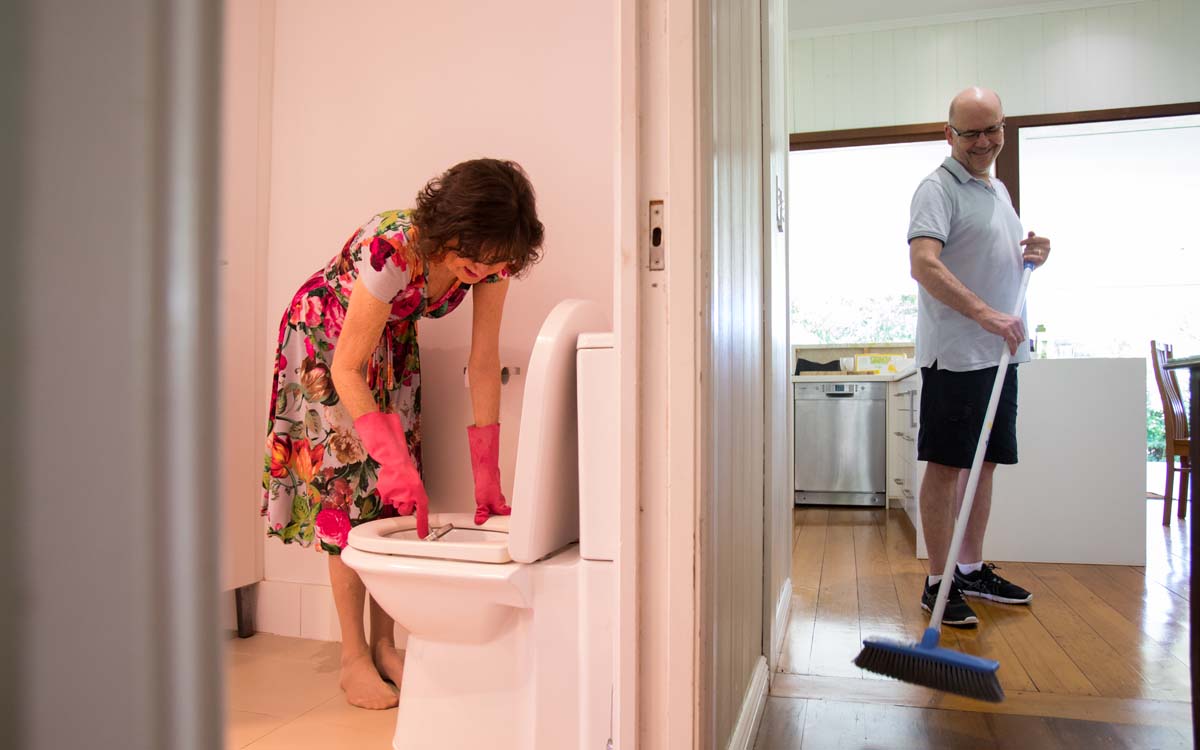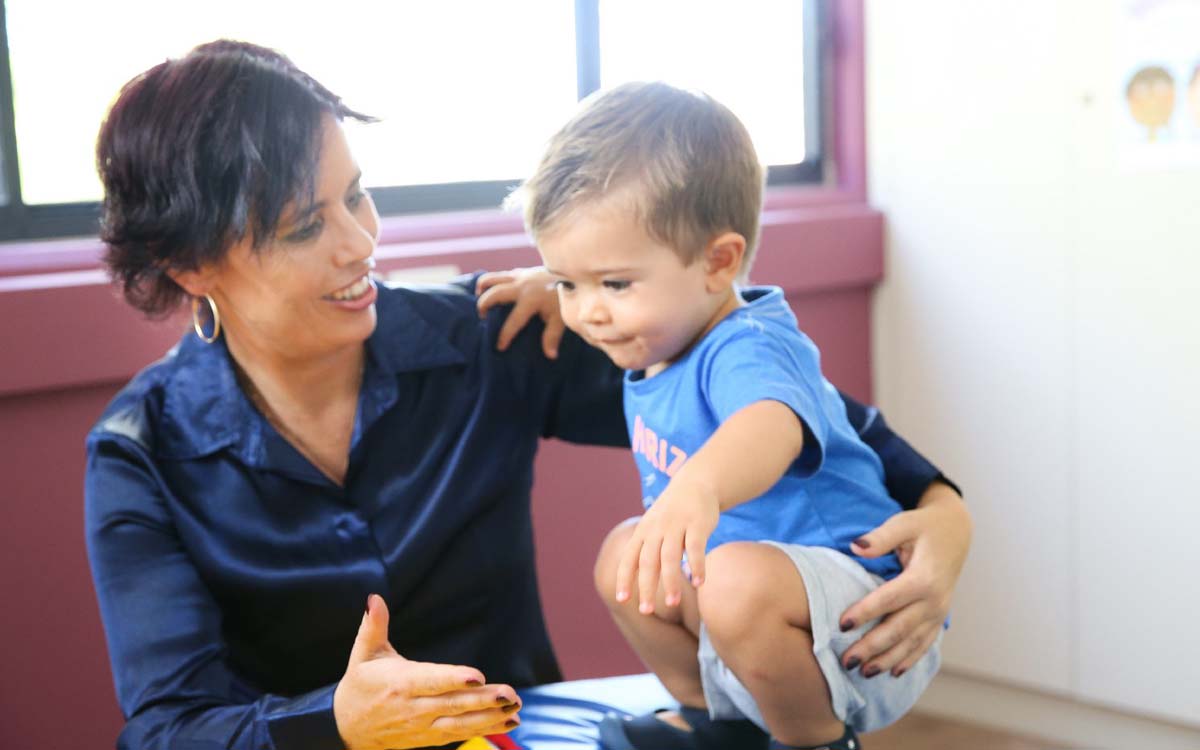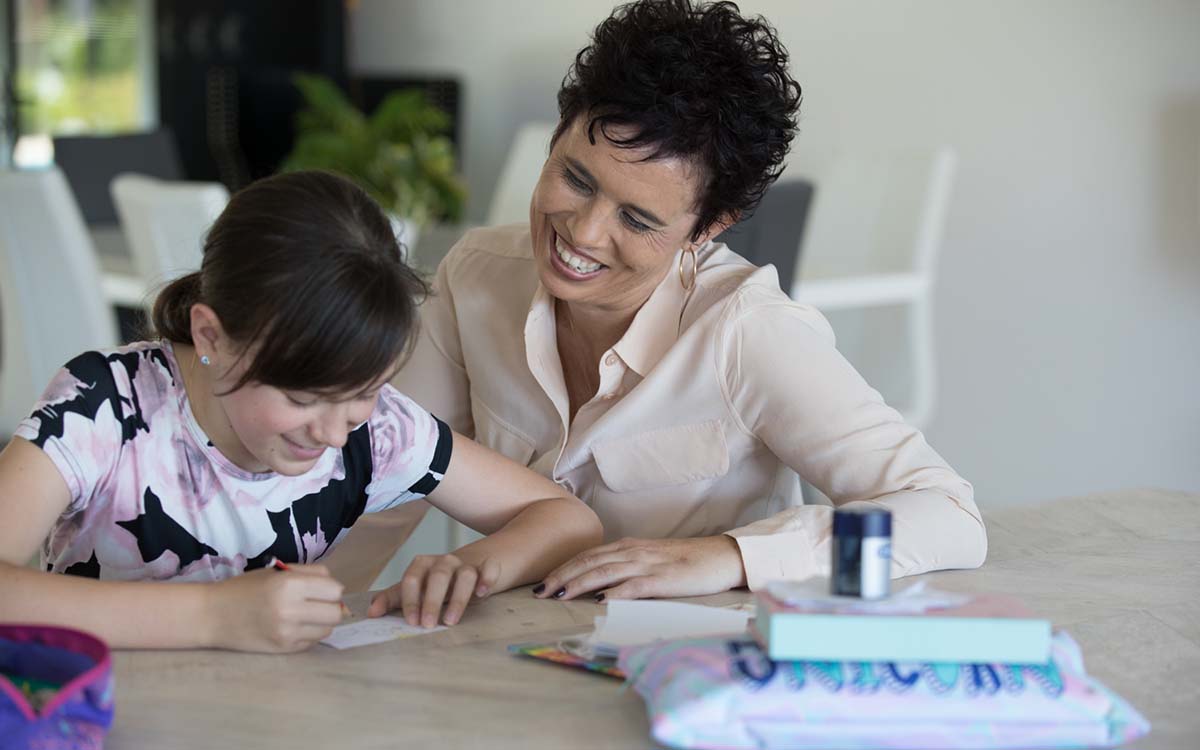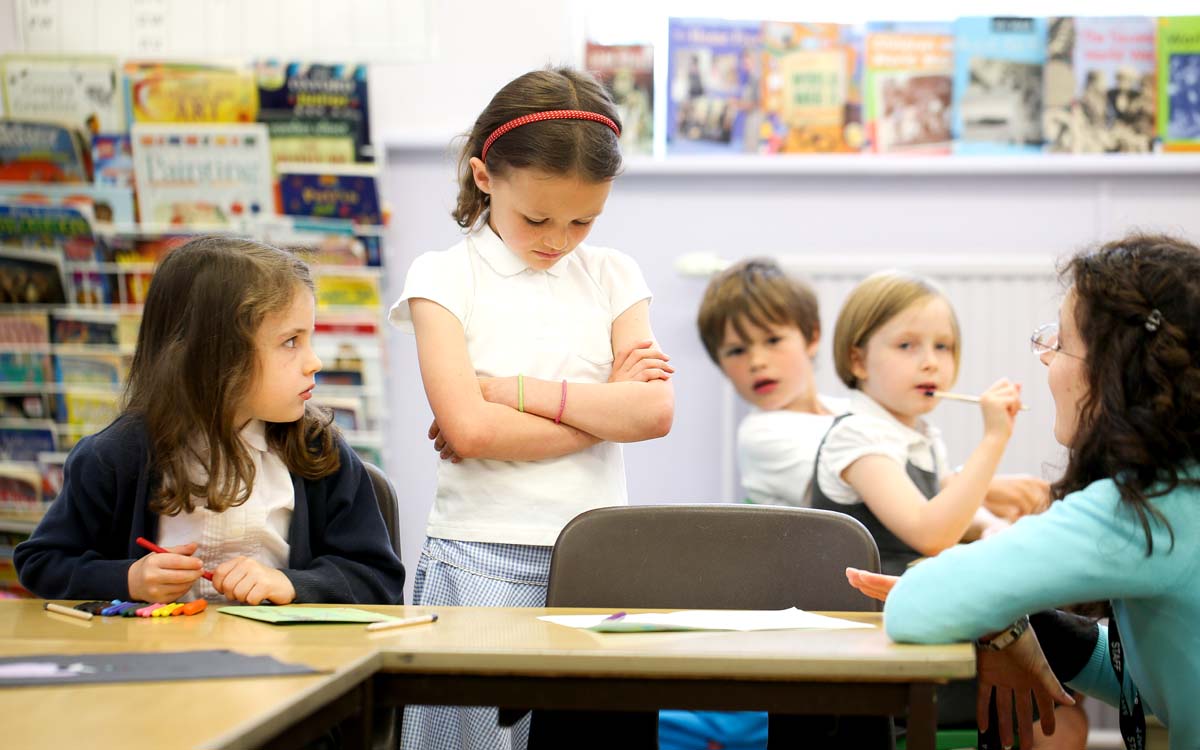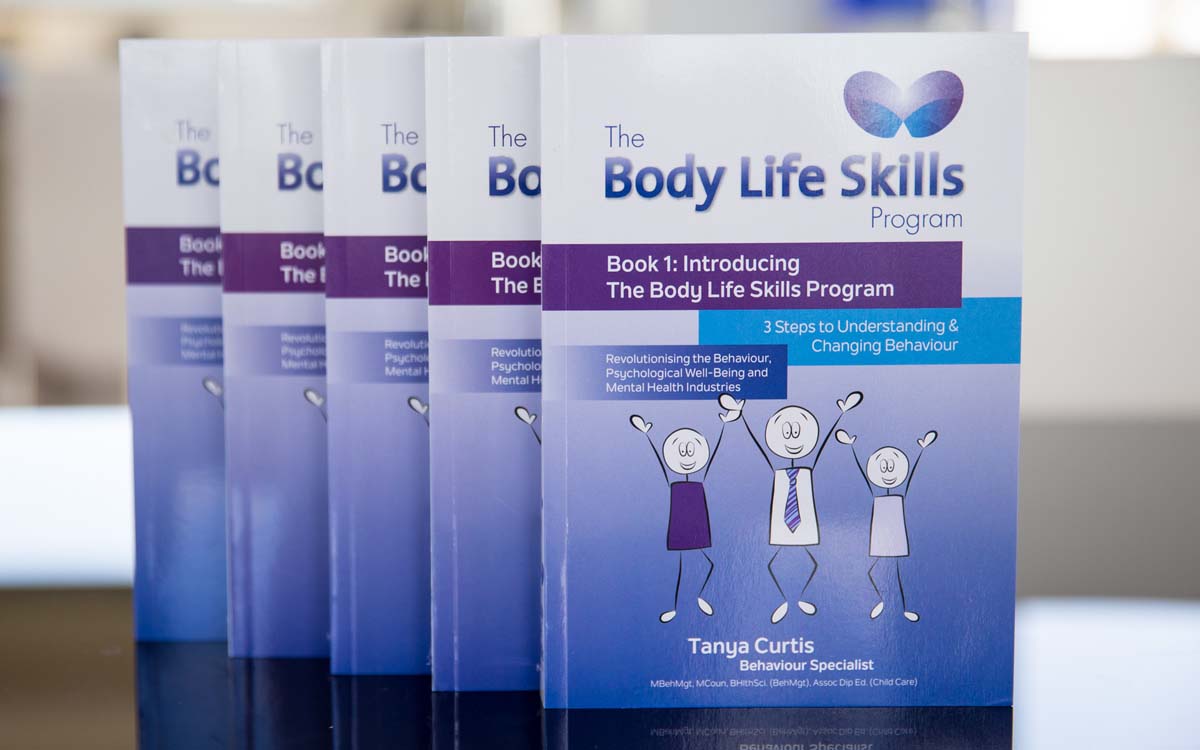Parties appear to be something that we all look forward to … Or do we?
Parties are often filled with emotions of varying intensity from one spectrum to the other — complete sadness for some, yet overwhelming joy for another — all in one place. We may hear the giggles, laughter and squeals of delight from some, yet can feel the total despair, sadness and even frustration and anger from others.
Why the extreme, why the polar opposites? Is it not our picture that parties are fun for all? If so, then why the anxiety, why the tantrums and why the frustration for some? What are parties presenting that we may not feel equipped to respond to?
Strange as it may seem, parties are an opportunity to learn – they are part of the classroom of life.
No, there are no academics or formal teachers; however, parties are without any doubt a classroom filled with countless opportunities for children (and their parents) to learn and develop new skills to respond to the demands of life.
At Fabic, we understand that no matter what behaviour looks like, it is happening for a reason. Our approach is that before we ‘change’ behaviour, we must first ‘understand’ the reason for the behaviour. We know that every tantrum, feeling of frustration, anger, sadness etc. is simply a person’s way of communicating how they are experiencing life.
The Fabic approach is:
- All unwanted behaviour is a result of anxiety first.
- Anxiety is a result of a person not feeling that they have the skills to respond to a part of life they have been presented with.
- A person’s body is simply a form of communication. From our body come our behaviours, words, thoughts and feelings.
Sometimes what the body expresses is thumbs up (ie. wanted or preferred behaviours, words, thoughts and feelings) and sometimes what is expressed from the body is thumbs down (ie. unwanted or non-preferred behaviours, words, thoughts and feelings). A person’s body must never be judged, rather be understood. To understand, we simply ask:
- I wonder why that unwanted behaviour, word, thought or feeling is being expressed?
- I wonder what part of life the person perceives they don’t yet have the required skills to respond to?
- I wonder what skills this person would benefit from developing to help them change their own experience of life to be one they feel more equipped to respond to?
Hence, once a person has the required skills to respond to life, we know their body will express wanted behaviours, words, thoughts and feelings. Thus, the tantrums, frustrations, withdrawals and tears of despair etc. in the playground or at a party are simply the child expressing, “there is a part of life I perceive I don’t have the skills to respond to. Please help me develop the skills.”
What if we approached any party in the following way: Let me identify the parts of life my child may benefit from learning skills to respond to and then I will help my child develop the skills so they feel equipped to respond to life.
A list of the ‘life lessons’ a party presents is endless and includes:
- Initiating, continuing and ending an interaction with another child.
- Loud noises.
- Lack of structure with things, impromptu activities.
- Not getting prizes, eg. when playing pass the parcel and I don’t win
- Other kids not doing what I want them to do.There is a pre-existing group or game and I want to be included. How do I do this?
- When I win, I like to let everyone know. How do I win tactfully?
- I hate losing. How do I lose graciously?
- Others kids think they are better than me and I don’t like that.
- There is lots of party food to choose from – what do I choose that will support my body for the rest of the day, long after the party has finished?
- I don’t like making mistakes.
- I’m not very good at identifying what my body feels, when I need a break and need to come and sit out for a rest. Please help me learn this.
- Sometimes I’m having so much fun in my play that I don’t realise I need to go to the toilet.
- Things don’t happen the way I want them to.
- I’m not yet ready to leave, but you are saying it’s time to go.
Once we identify the parts of life at a party a child may feel not completely equipped to respond to, we are able to support them to develop the skills.
When a child feels that they have the required skills to respond to whatever a party presents, you will see the signs of enjoyment increase in this classroom of life and thus the rollercoaster of emotions will reduce. You, as a parent, are forever a teacher of life to your child who is your life student.
This article were originally published in the August 2014 and August 2016 Editions of Haven For Families Magazine.


